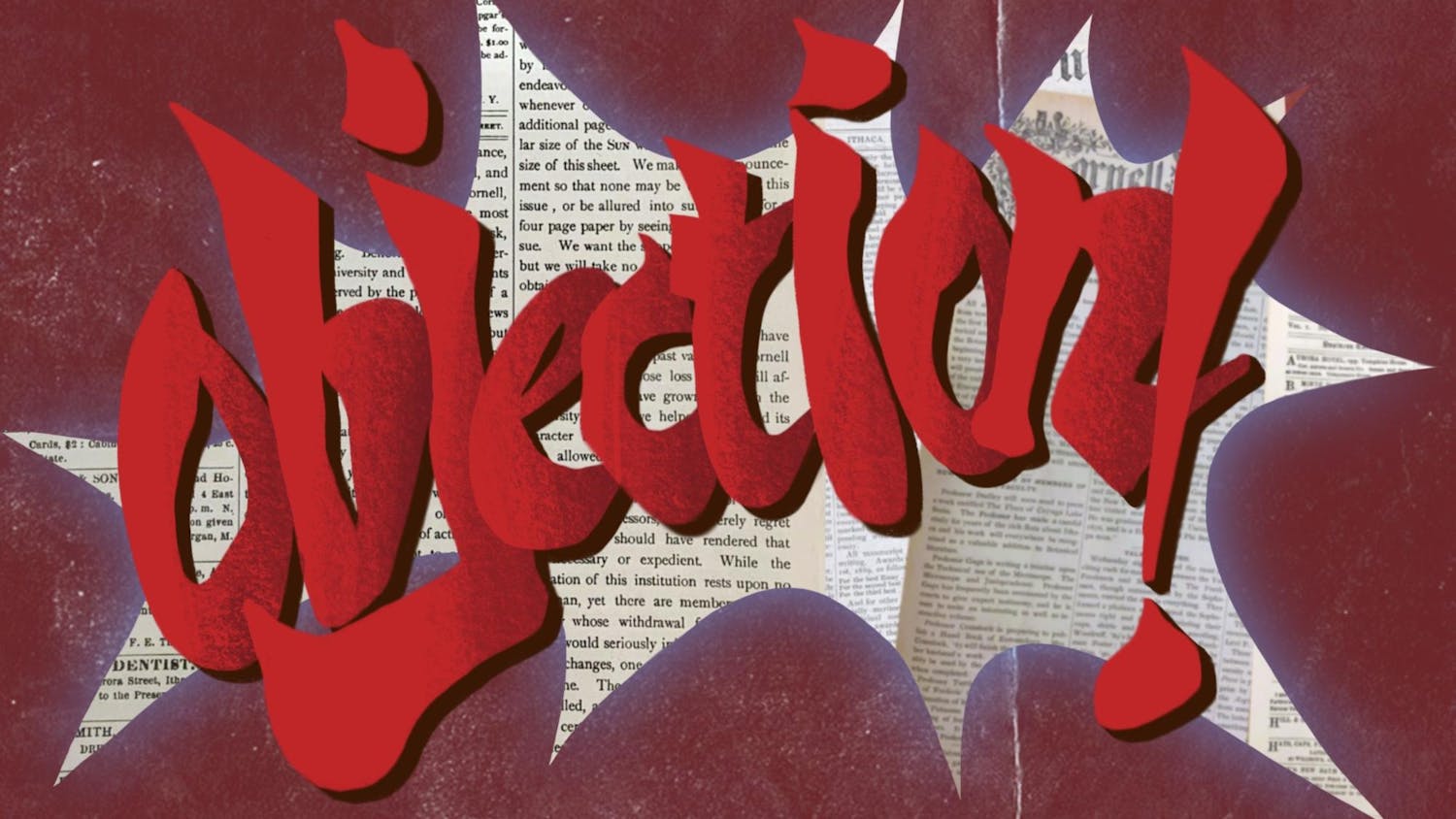Like many professors, I love talking with students about big ideas. Because I teach law and public policy, the ideas my students and I discuss are often weighty and contested.
However, in the State Policy Advocacy Clinic, a course in which students design and advocate for evidenced-based public policies, my students and I often wrestle with surprisingly mundane questions: “Why didn’t our stakeholder follow our advice?” or “Did you see the legislator’s expression when you mentioned x; what was that about?” or “That meeting was a bit of a disaster. What should we have done differently?” We read William Ury’s Getting Past No, which teaches negotiation skills, try its tips on our unsuspecting partners and laugh when we catch our classmates using its strategies on us.
Why do we devote so much time to building emotional awareness, social skills, teamwork, negotiation, relationship building and other “soft” skills when the presumption is that policy debates are decided by the strength of data, evidence, rhetoric and principle?
The reason is that years of practice experience have taught me that a shocking number of public policy and political decisions are made based on “little p” politics. Little p politics refers to the emotional and interpersonal considerations that drive people’s behavior. Data, evidence, theory, framing, timing, hard work, grit, good luck, financial resources and political support from powerful interests will only get you partway to where you want to go. The rest depends on interpersonal skills and relationship building.
At first, I resisted this. I love ideas. I loved law school because of its rigor and discipline. I attended law school at the University of Chicago, where soft skills — all things practice-oriented — were looked down upon.
Then I started working. It soon became clear that the best lawyers, politicians and leaders were not necessarily the most intellectually gifted, hardest working or best educated. Rather, they were the people with the strongest interpersonal skills.
This is even more true in policy and politics. Whether a good, evidence-based policy idea is passed into law is often more of a function of “little p” political considerations — is the sponsor of a bill well-liked in the legislature, are the advocacy groups getting along, can the right person take credit for an idea — than on “big P” political or ideological considerations, like one’s opinion about the proper division of power between state and local government. Sometimes these considerations seem petty. But even people who are passionate about ideas, evidence and principles are rarely immune to occasional bouts of small-mindedness, jealousy or territoriality, especially when they are stressed.
These skills are best learned through practice, trial and error and reflection. In our Clinic, when a stakeholder meeting goes poorly, we deconstruct it in class. Students practice their policy pitches on their teammates who play the role of legislators and executive branch officials. We invite legislators and community leaders to class and observe their behavior. We watch one another and seek to emulate students with the strongest soft skills along various dimensions. Most importantly, we share and reflect openly and honestly on what has worked and what hasn’t. We acknowledge our mistakes and apologize when we mess up, as we invariably do.
Here is where diversity in the classroom is so useful. Students from different backgrounds bring different strengths and skills in terms of communication, teamwork, project management, negotiation and relationship building. Our ability to be effective often depends on our ability to connect with policymakers and community members. Sometimes the common thread is hometown, cultural or linguistic background. More often, it is common extracurricular passions, work experience, policy passions or taste in movies.
You might think that “little p” political skills are necessary only for those who pursue careers in law, policy and politics. Not at all. They are foundational to success in business, medicine, the sciences, the arts, academia, human services and almost all other careers. Like most skills, they don’t just “come naturally.” They can be learned, and they can be taught. That is one reason why engaged learning, research and small classroom opportunities are so important.
Maya Angelou famously said, “I've learned that people will forget what you said, people will forget what you did, but people will never forget how you made them feel.” Especially now, as outside pressures on the University heighten stress within our community, it is important to practice teaching one another these skills.
Alexandra Dufresne is a Professor of the Practice and the Director of the State Policy Advocacy Clinic at the Brooks School of Public Policy at Cornell.
The Cornell Daily Sun is interested in publishing a broad and diverse set of content from the Cornell and greater Ithaca community. We want to hear what you have to say about this topic or any of our pieces. Here are some guidelines on how to submit. And here’s our email: associate-editor@cornellsun.com.











